A zebra is a large, horse-like animal famous for its bold black-and-white stripes. They are native to Africa, where they live in grasslands, savannas, and open woodlands. The stripes on a zebra’s body are unique to each individual, much like human fingerprints, and they serve several purposes, including helping with camouflage in tall grasses and confusing predators.
Zebras have a sturdy, muscular build with long legs that help them run fast. They are herbivores, grazing on grasses and sometimes leaves, and they can travel in herds to find food and water. Herds are typically led by a dominant female, and they are very social animals, often forming close bonds with one another.
Scientific Classification
-
Common Name: Zebra
-
Scientific Name: Equus zebra, Equus quagga, Equus grevyi (depending on species)
-
Kingdom: Animalia
-
Phylum: Chordata
-
Class: Mammalia
-
Order: Perissodactyla
-
Family: Equidae
Zebras are close relatives of horses and donkeys, all part of the Equus genus.
Major species of Zebras
There are three main species of zebras:
1. Plains Zebra (Equus quagga)
-
Most common species
-
Bold, broad stripes covering the whole body
-
Found in eastern and southern Africa
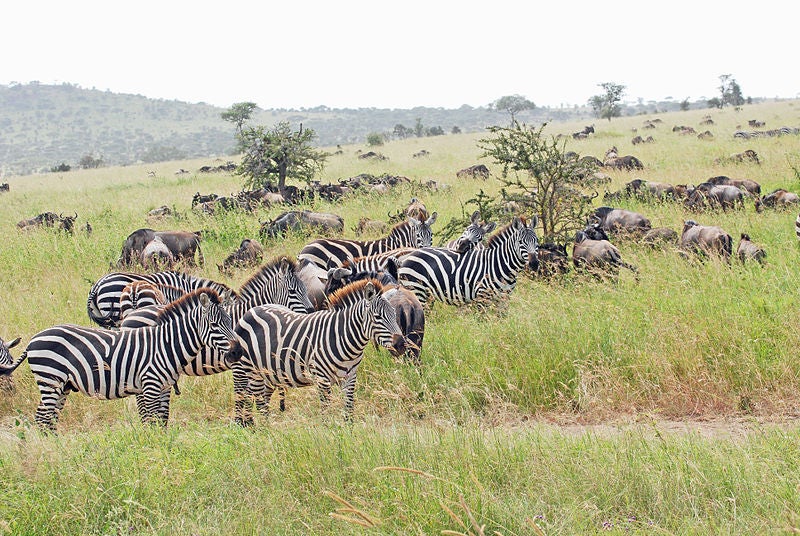 Image showing a herd of plains zebras grazing on an open savanna (Source: Ask A Biologist)
Image showing a herd of plains zebras grazing on an open savanna (Source: Ask A Biologist)
2. Grevy’s Zebra (Equus grevyi)
-
Tallest and rarest zebra species
-
Narrow stripes and large, round ears
-
Found in Ethiopia and northern Kenya
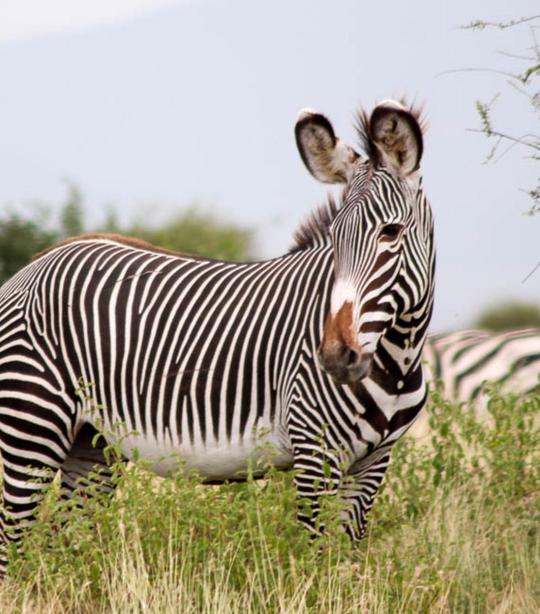 Image showing a close-up of Grevy’s zebra showing its fine stripes and big ears (Source: African Wildlife Foundation)
Image showing a close-up of Grevy’s zebra showing its fine stripes and big ears (Source: African Wildlife Foundation)
3. Mountain Zebra (Equus zebra)
-
Found in rocky, hilly areas of southern Africa
-
Has a dewlap (fold of skin under the neck)
-
Smaller in size, with grid-like stripes on the rump
 Image showing a mountain zebra (Source:iStock)
Image showing a mountain zebra (Source:iStock)
Geographic Distribution
Zebras are native to Africa, and can be found in:
-
Grasslands and savannas
-
Woodlands
-
Hills and mountainous areas
-
National parks and wildlife reserves
Physical Characteristics
-
Size: 1.1 to 1.5 meters tall at the shoulder
-
Weight: 200–450 kg (depending on species)
-
Coat: Stripes are unique to each individual, like fingerprints.
-
Eyes & Ears: Excellent hearing and wide vision
-
Hooves: Strong, perfect for long-distance travel
Behavior & social life
-
Herd Animals: Zebras live in groups (called harems or dazzles)
-
Grooming Bonds: They groom each other with their teeth to strengthen social ties
-
Vocal & Visual: Communicate through whinnies, barks, and tail or ear movements
-
Migratory: Follow the rains in search of fresh grass and water
Image showing a dazzle of zebras crossing a river during migration season (Source: Dreamstime.com)
Diet
Zebras are herbivores, and they eat:
-
Grasses (main food)
-
Leaves
-
Bark and shrubs (during dry seasons)
They graze for up to 18 hours a day, and their strong teeth help chew tough African grasses.
Reproduction & Lifecycle
-
Gestation: Around 12–13 months
-
Foals: Born with brownish stripes, which darken with age
-
Weaning: At about 6–8 months old
-
Lifespan: 20–25 years in the wild, longer in captivity
Fun facts about Zebras
-
Stripes help confuse predators, especially lions and hyenas
-
They can run up to 65 km/h (40 mph) to escape danger
-
Zebras can sleep standing up, and take turns watching for predators
-
Each zebra has a unique stripe pattern, no two are alike.
-
Scientists believe stripes may deter biting flies like tsetse flies
Zebra vs Horse
| Feature | Zebra | Horse |
|---|---|---|
| Stripes | Yes, black-and-white | No |
| Domesticated | No | Yes |
| Temperament | Wilder, more unpredictable | Generally calm (domesticated) |
| Size | Smaller than most horses | Larger, varies by breed |
| Kick Power | Strong and defensive | Strong but more trainable |
Threats & Conservation
While zebras are not currently endangered overall, some species are at risk:
-
Grevy’s Zebra: Endangered (less than 3,000 left in the wild)
-
Mountain Zebra: Vulnerable, recovering due to conservation
-
Plains Zebra: Least Concern, but still affected by habitat loss
Major threats include:
-
Habitat destruction due to farming and roads
-
Poaching for skins or meat
-
Drought and water shortages
-
Human-wildlife conflict
Health & veterinary issues
At Doctor Hulk Veterinary Hospital, we educate wildlife lovers and communities on zebra health. Wild zebras can suffer from:
-
Parasites (like ticks and worms)
-
Wounds from predators or territorial fights
-
Hoof issues from rocky terrain
-
Starvation during dry seasons
If a zebra is found injured or ill in captivity or a reserve, call a trained wildlife vet. Zebras are strong but can become aggressive if frightened.
Why Zebras matter
-
Keep grasslands healthy through grazing
-
Support predators in the food chain
-
Attract eco-tourism and support local economies
-
Play a cultural role in African traditions and folktales
For wildlife advice, rescue, or animal education programs, you can reach out to us at Doctor Hulk Veterinary Hospital, or call us through 08143397614.




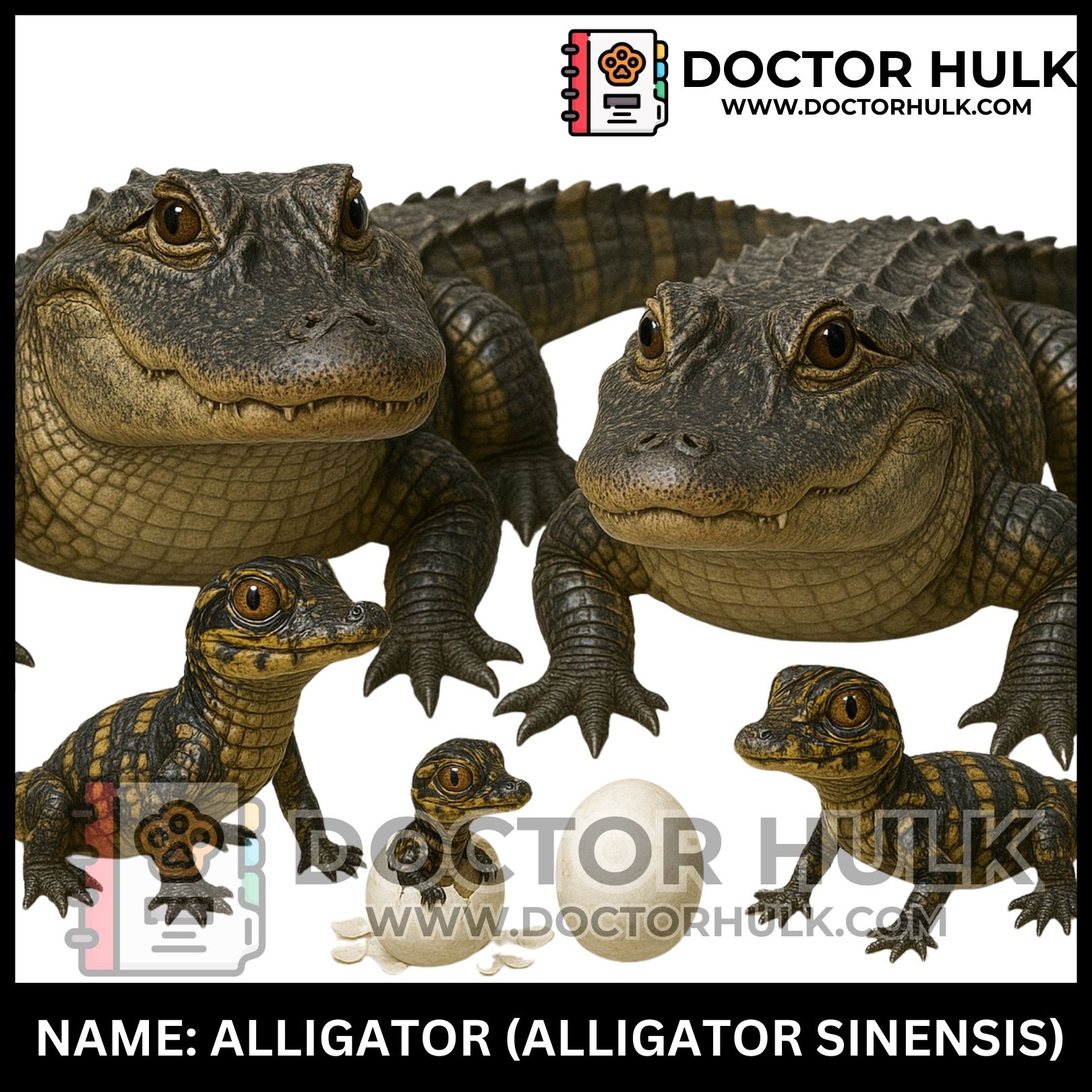
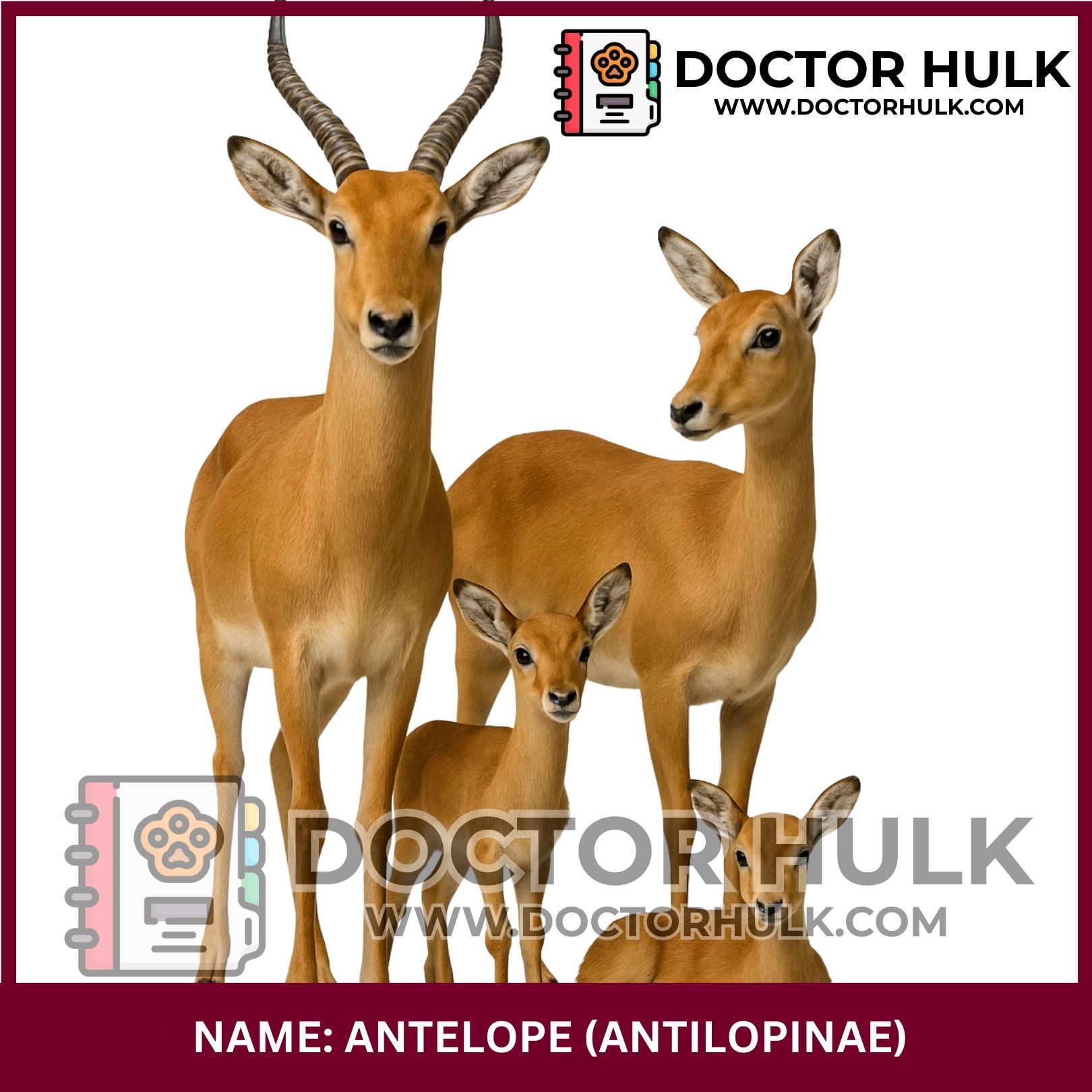
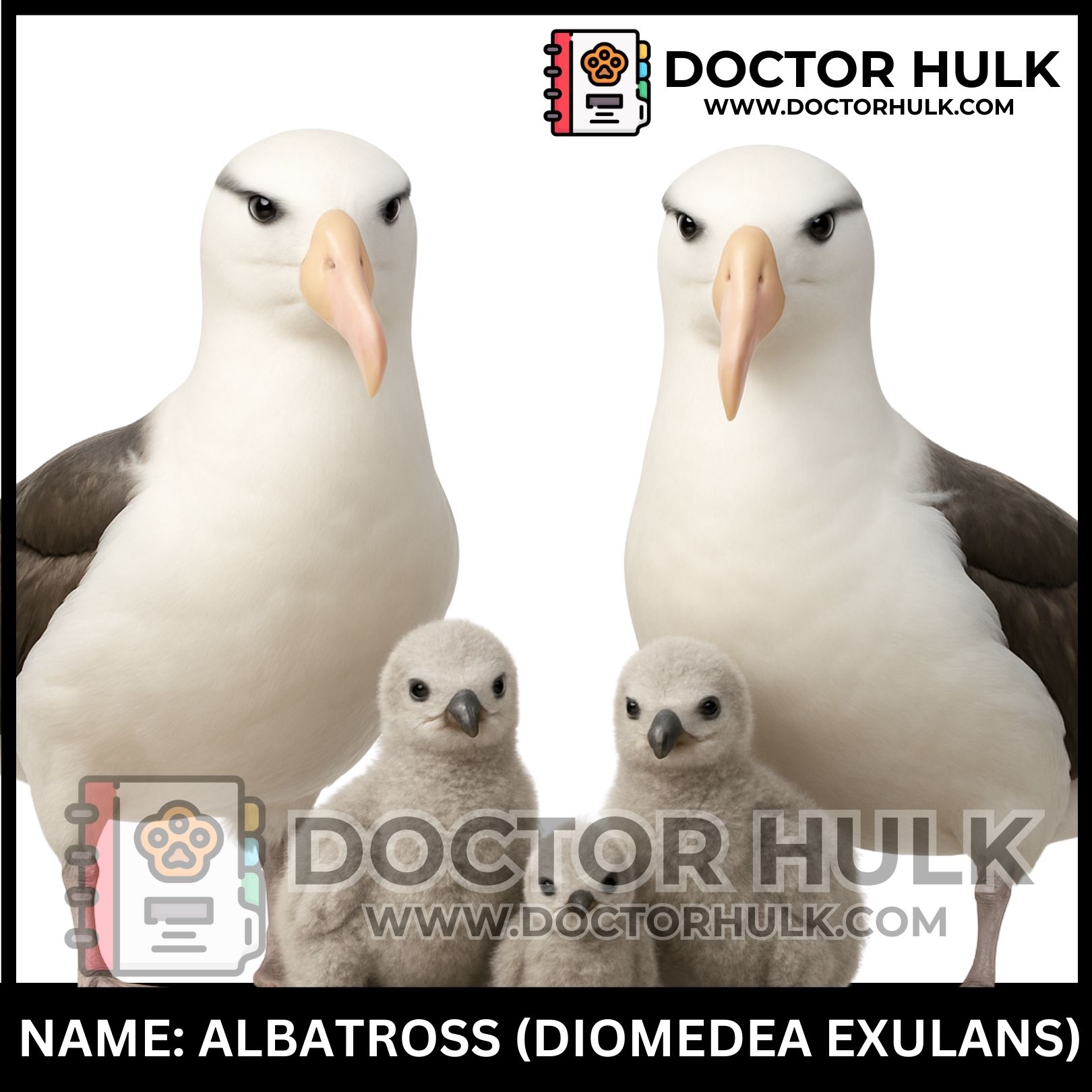
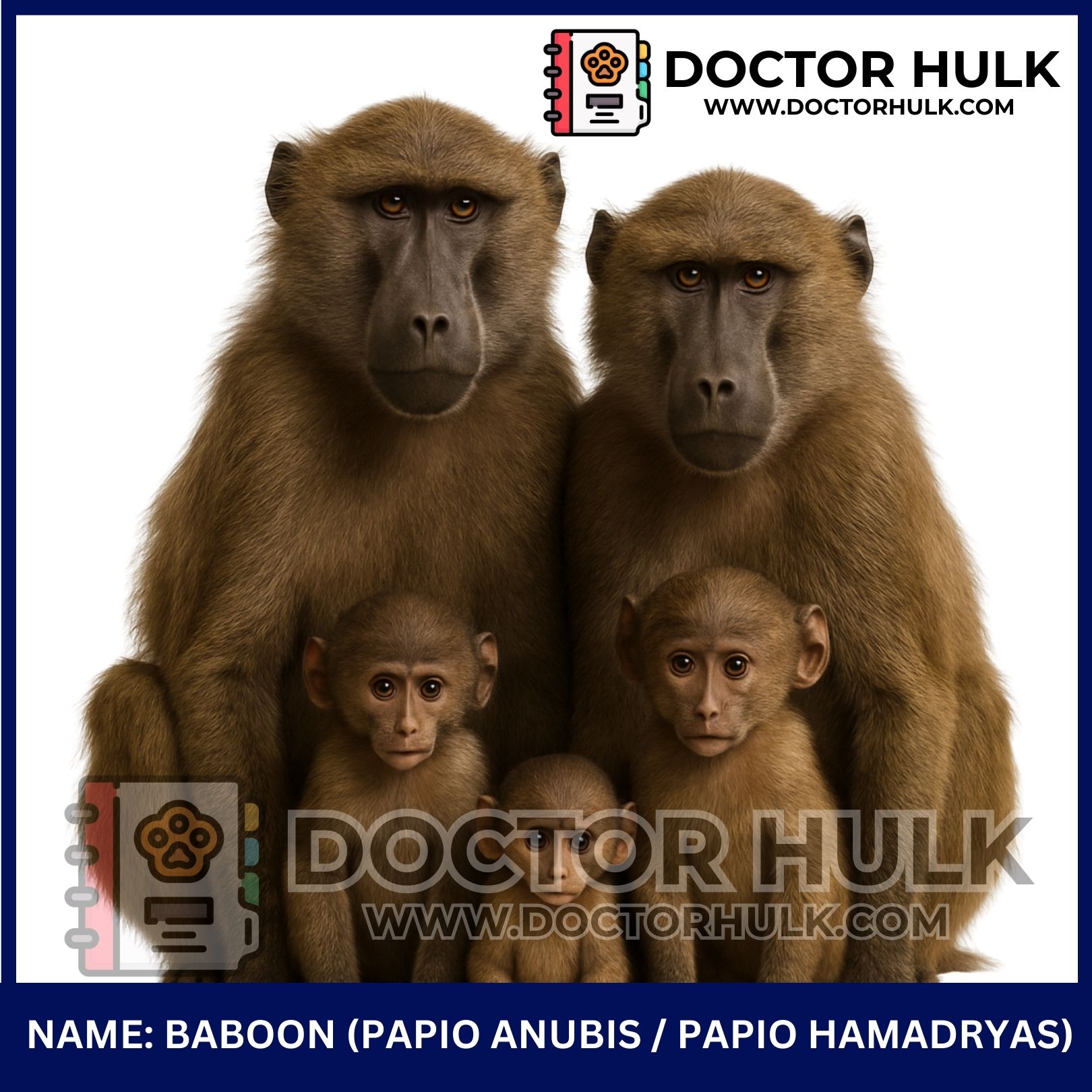
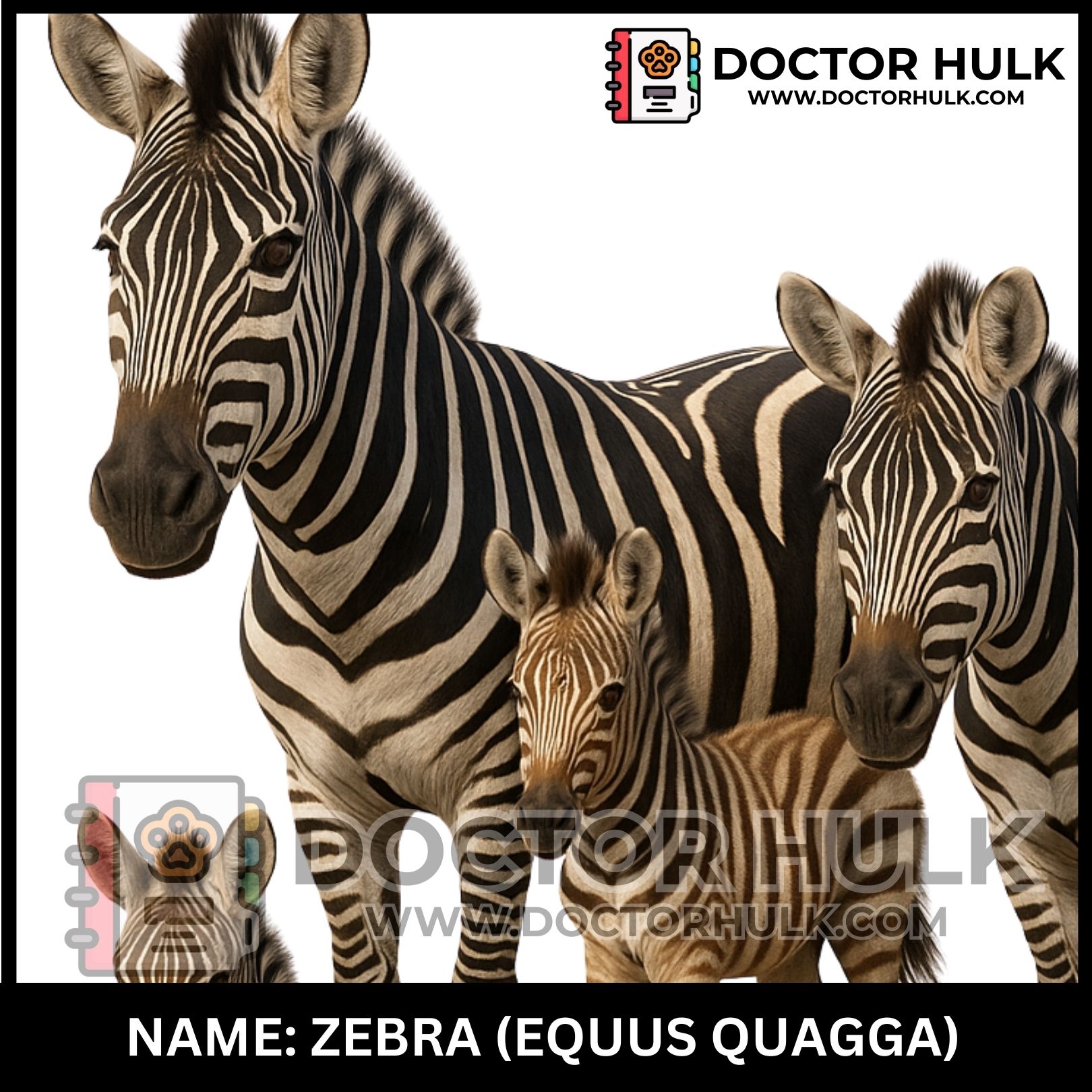





Reviews
There are no reviews yet.